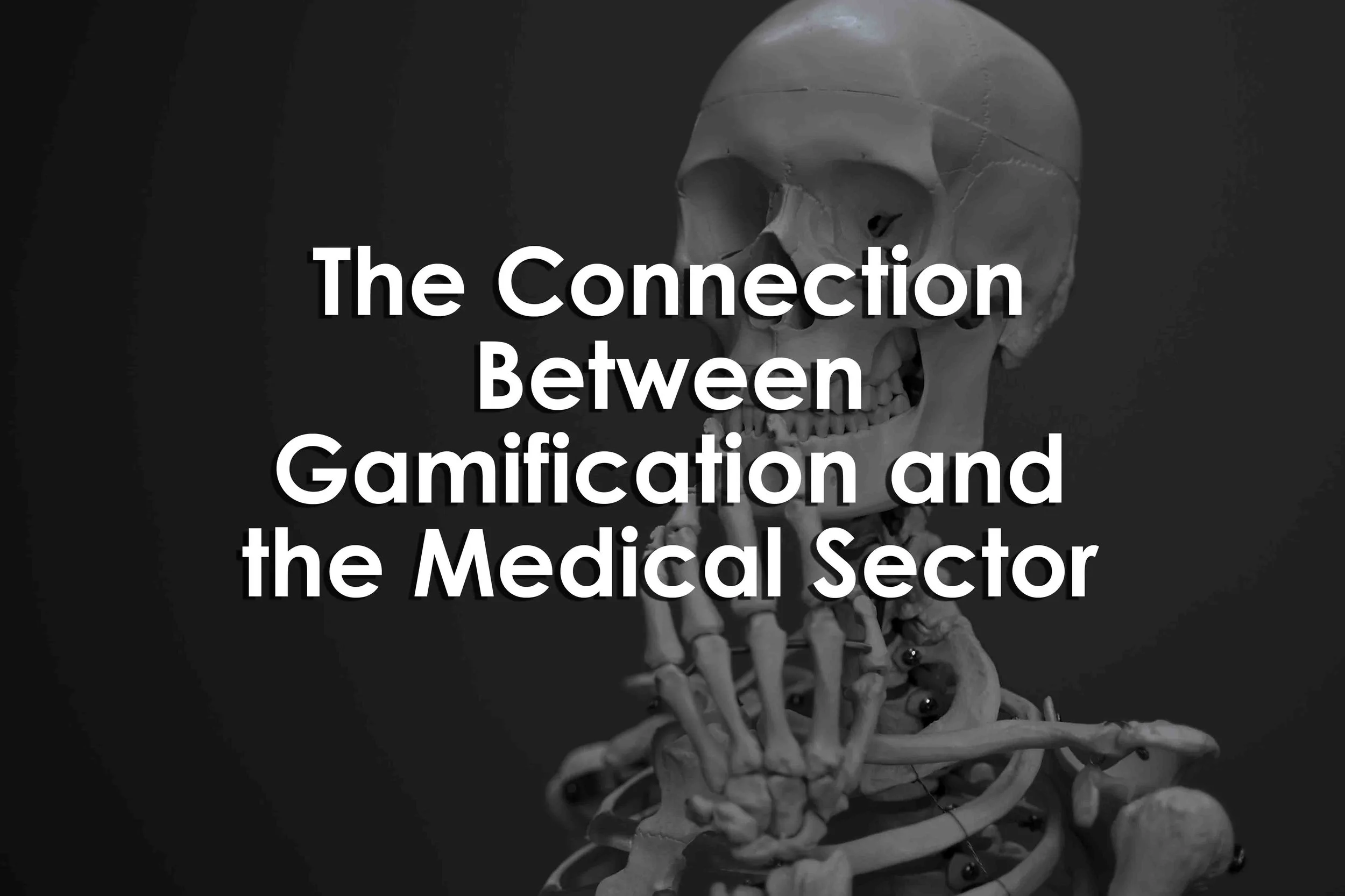The Connection Between Gamification and the Medical Sector
The Connection Between Gamification and the Medical Sector
The Connection Between Gamification and the Medical Sector
The dynamic relationship of medicine and gamification has the potential to reshape how healthcare professionals are trained, and it resonates strongly with programs like the accelerated BSN program online. As the healthcare field demands highly skilled and adaptable practitioners, the integration of gamification principles has begun to revolutionize medical training. Today, we will investigate how gamification has had an impact on medical education.
How Games Are Being Used to Train Nurses
Clinical Simulations
Virtual clinical simulations can replicate real-world patient care scenarios, allowing nursing students to practice and improve their clinical skills in a safe environment. These simulations can cover a wide range of medical situations, from basic assessments to complex emergency responses.
Critical Thinking
Games can encourage critical thinking and decision-making skills. Nursing students can be presented with scenarios where they must assess patient conditions, prioritize care, and make quick and accurate decisions.
Patient Interaction
Games can simulate patient interactions, helping students develop effective communication and bedside manner. This is especially important in nursing, where patient-centered care is paramount.
Teamwork and Collaboration
Multiplayer or team-based games can foster collaboration among nursing students. They can work together to solve medical cases or manage patient care, reflecting the real healthcare team dynamic.
Medication Administration
Games can help students practice medication calculations, dosage administration, and drug interactions in a risk-free setting.
Emergency Response Training
Nursing students can benefit from games that simulate emergency situations, such as cardiac arrests or trauma scenarios. These games help students learn and practice life-saving interventions.
Continuous Learning
Educational games can be used for ongoing education and professional development for practicing nurses. They can help nurses stay updated on the latest medical practices and guidelines.
Assessment and Evaluation
Games often provide instant feedback, allowing educators to assess a student's performance in real-time and identify areas for improvement.
Customization
Games can be tailored to the specific learning needs of nursing students, allowing educators to adapt content to individual skill levels.
Motivation and Engagement
Games are inherently engaging, and nursing students may find them more motivating and enjoyable than traditional learning methods.
Competency Assessment
Games can be used to assess nursing competencies, helping educators determine if students are meeting required skill levels.
Many educational games also offer record-keeping features, allowing educators to track students' progress and performance over time.
How Is Gamification Being Used in the Medical Sector?
Medical Education and Training
Clinical simulations: Gamified clinical simulations allow medical students and healthcare professionals to practice diagnosing and treating patients in a virtual environment, improving their clinical skills.
Medical procedure training: Gamified modules teach healthcare providers how to perform specific medical procedures, from surgical techniques to administering injections.
Anatomy learning: Interactive anatomy apps and games help students and healthcare workers learn complex anatomical structures and systems.
Patient Education
Health literacy: Gamified health apps and educational games help patients understand medical conditions, treatment options, and medication adherence.
Chronic disease management: Gamification encourages patients to manage chronic conditions through interactive tracking, reminders, and rewards.
Rehabilitation: Games are used in physical therapy and rehabilitation to motivate patients and track their progress.
Clinical Decision Support
Diagnosis and treatment: Gamified platforms assist healthcare providers in diagnosing diseases, choosing treatment options, and evaluating patient cases.
Emergency response training: Gamified scenarios help healthcare teams practice and improve their responses to emergency situations.
Health and Wellness
Fitness apps: Gamified fitness apps motivate users to exercise regularly, set goals, and track their progress.
Nutrition: Games encourage healthy eating habits and provide nutritional education.
Mental health: Gamified apps help users manage stress, anxiety, and depression through mindfulness and relaxation exercises.
Clinical Research and Trials
Data collection: Gamification can be used to collect patient-reported data in clinical trials, making participation more engaging.
Patient retention: Games can help retain participants in long-term clinical studies by maintaining their interest and commitment.
Healthcare Management
Electronic health records (EHRs): Some EHR systems incorporate gamified elements to engage healthcare providers in updating patient records and ensuring accuracy.
Hospital management: Gamification is used in healthcare administration to optimize hospital workflows, staff management, and resource allocation.
Endnote
Incorporating games into nursing education and medicine can make learning and care management more dynamic, interactive, and effective.


